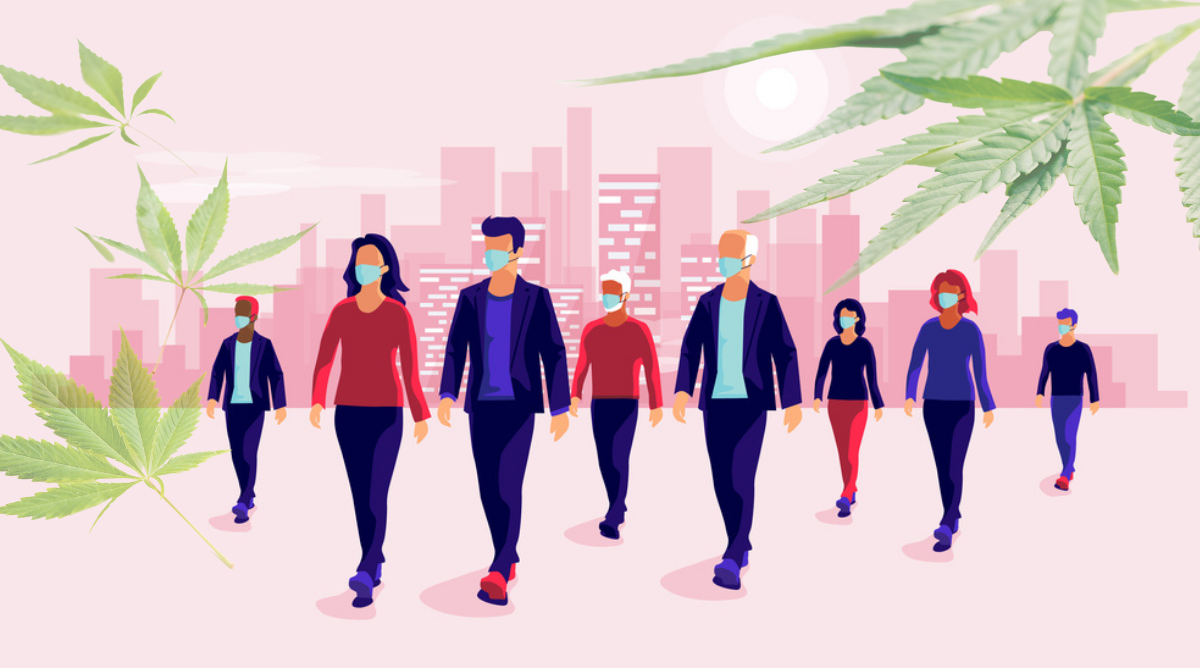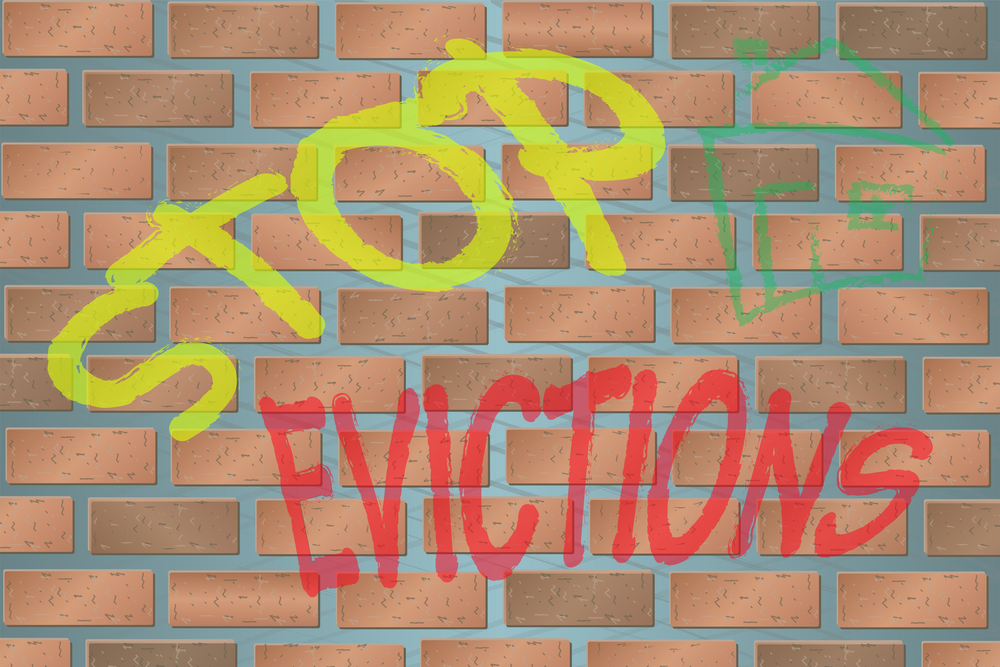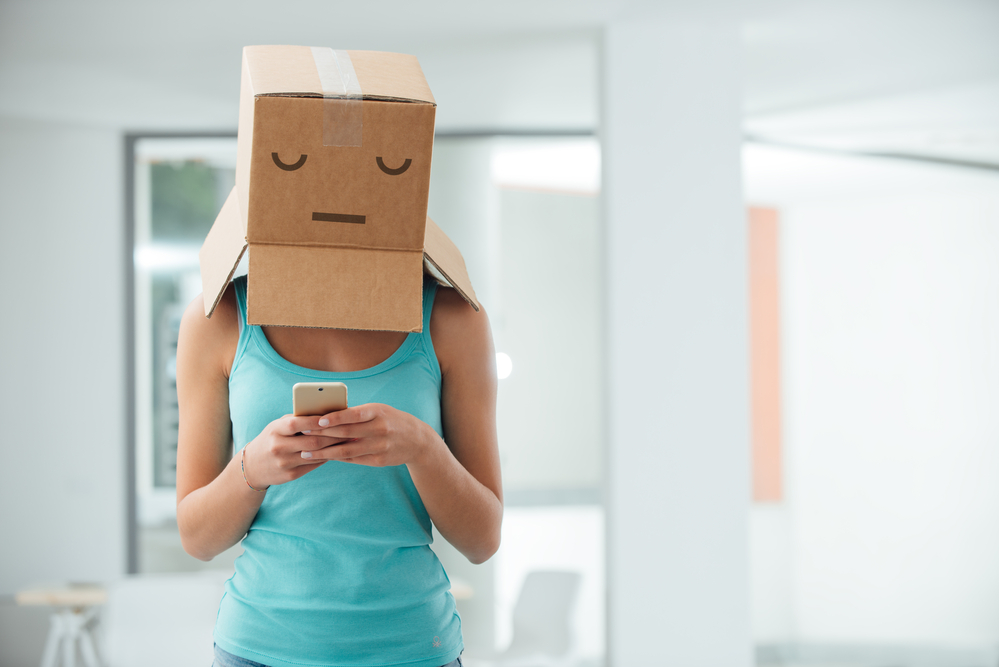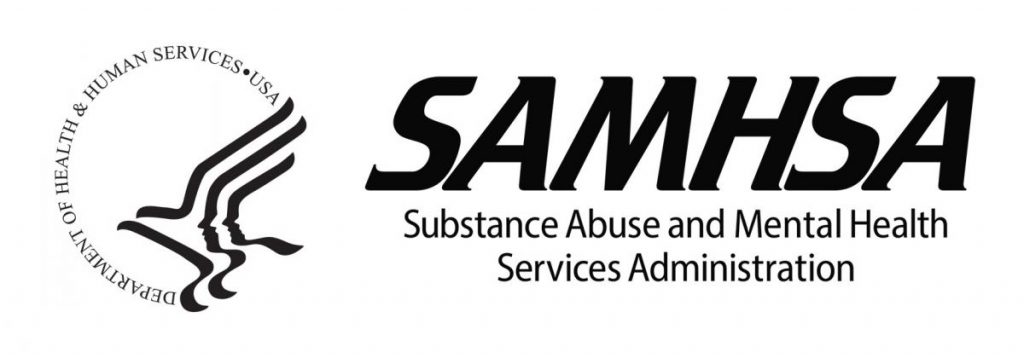
It has been over a year since the world was first introduced to the Novel Covid-19 Coronavirus. In November of 2019, we started to hear rumors of a pandemic and new respiratory infection that was highly contagious. But the outbreak seemed to be contained in its epicenter of Wuhan, China.
By February of 2020, global health organizations began to warn of the potential of a worldwide pandemic. The term and concept seemed surreal. The world had not seen a threatening pandemic since the Spanish Influenza outbreak of 1918. By March 11, 2020, the World Health Organization (WHO) declared Covid-19 to be a global pandemic.
Life must go on, and the spirit of social and economic resilience is a hallmark of the United States of America. But as the pandemic continues to persist, and with it the economic contraction and psychological impact of social distancing, Americans are facing significant trauma. Some have likened the trauma as similar to World War II.
How are Americans coping with the stressors and impact of Covid-19 on their daily lives? Record-breaking cannabis sales exceeding $100 million per month in legalized states are the apparent cue. Both medical and adult-use cannabis sales have been sky high in the twenty-six legalized states. And it is not difficult to understand why Americans are self-medicating with weed to navigate Covid-19.
No one could have predicted or guessed the economic and social impact that Covid-19 would have in the United States. The Rockefeller Foundation-Boston University 3-D Commission and the National Institutes of Health (NIH) commissioned a study on the mental health impact of Covid-19.
Professor Sandro Galea is a dean at the BU School of Public Health in Massachusetts. Galea is the senior author of the study: “Prevalence of Depression Symptoms in US Adults Before and During the COVID-19 Pandemic”. In an article for Medical News Today, Prof. Sandro Galea states that a spike in depression and anxiety rates are common after disasters or large-scale traumatic events. This was true for Americans after the 9/11 attack.
However, what is concerning is that the study found depression rates among Americans have almost tripled. The Boston University study found that more than 1 in 4 adults living in the United States has reported symptoms of depression to a health provider. Before the Covid-19 pandemic, only 8.5% of U.S. adults reported symptoms of depression. The research states that the number has now risen to 27.8%.
Almost one-third of American adults are significantly struggling with symptoms of high anxiety and depression. And as the pandemic continues to progress with second wave infection rates, the social anxiety over the health emergency continues to accelerate. This means that the longer the pandemic lasts, the more Americans may develop symptoms of depression. The 27.8% figure of depression rates in the U.S. is expected to get much higher.

Nicholas Bloom is the William D. Eberle Professor of Economics at Stanford’s School of Humanities and Sciences. Bloom is also a senior fellow of the Stanford Institute for Economic Policy Research (SIEPR). He was the author of a 2014 study called “Does Working from Home Work? Evidence from a Chinese Experiment”. There has been a high demand for the research since the Covid-19 outbreak began. It delves into the logistics, practicality, and productivity of the growing ‘work from home’ shift in the United States.
The ‘gig’ economy (think freelancing part-time or full-time through sites like Fiverr or Upwork) has been growing steadily for the past ten years. In a recent interview, Nicholas Bloom stated that about 42% of the U.S. labor force is now working from home full-time. For Americans who cannot work from home, 26% are still employed as essential service workers onsite at business premises. And 33% of Americans are not employed due to Covid-19 job loss.
People who are able to work from home may have greater financial stability. However, many Americans are working from home for the first time. And that involves balancing family and childcare needs with their employment responsibilities.
Service workers are faced with the constant threat of infection. These are the face-to-face laborers in grocery stores, production facilities, and healthcare providers. They live with the constant fear of illness or infecting family members through their daily exposure.

The unemployed in America have received additional stimulus funding. However, it has been scant. The National Apartment Association informed Congress in April 2020 that more than 25% of renters (about 25 million people) would need financial support to avert eviction.
A real estate investment firm (Amherst Capital) estimated in June 2020 that up to 64 million Americans were at risk of eviction due to Covid-19 by the end of 2020. While the legislation was put in place to prevent evictions during the health crisis.
The Centers for Disease Control and Prevention issued an Order that was effective from September 4 to January 31, 2021. It is expected that the eviction protections will be extended again. However, the supplemental Pandemic Unemployment Assistance (PUA) for Americans will end in December.
Princeton University Eviction Lab tracks twenty-five cities and has reported that more than 150,000 eviction cases have been filed against tenants in 2020. Despite intended legal protections from the CDC moratorium on evictions order.

One of the things that the pandemic has taught us is how much we rely on social contact as a support system. The lockdowns and public health precautions have changed the way we socialize. We took for granted the simple act of gathering with family and friends from the recreational activities.
Human beings are social creatures, and our mental health is negatively affected by isolation. Some people have been able to cope with social distancing well. They aren’t happy about it, but they understand the critical role it plays to slow the spread of the Covid-19 virus.
How much does social distancing impact our mental health? A new report authored by Kevin Sikali from Villanova University in Pennsylvania discusses the short- and long-term consequences of prolonged social distancing.
“To society, social distancing presents the dangers of increasing social rejection, growing impersonality and individualism, and the loss of a sense of community. It negatively affects learning and growth, and it prevents people from effectively socializing, which is a fundamental human need. First and foremost, the measures carried a strong psychological message, which is the fear of others, along with the idea that others are potential carriers of deadly germs and life‐threatening diseases. The alarming rate of contamination and death from the virus contributed to establishing more panic and even paranoia among many. What is particularly concerning is the fact that this psychological effect could potentially remain in our communities, even long after the pandemic.”
Read: “The Dangers of Social Distancing: How Covid-19 Can Reshape Our Social Experience”
No one expected the pandemic to carry on this long. And projections that 2021 may not be the end of the Covid-19 virus is a concept so alarming that many do not want to ponder it. But as the pandemic continues to lengthen in duration and infection rates continue to increase, Americans must learn a way to cope. And one of the ways that they are functionally adapting is through the use of cannabis.
There are many misconceptions about cannabis and regular use for mental health needs. The first assumption is that everyone who uses cannabis wants to achieve a state of non-functional impairment. That is not true at all.
Regular cannabis users may smoke in excess on weekends. Occasionally on weeknights. For most Americans who use cannabis for anxiety and depression, it has nothing to do with achieving a state of complete impairment. It is about elevating mood and sating unbearably high symptoms of anxiety.
Both clinical and transient depression comes with a host of symptoms that make daily activities more difficult. Loss of energy, insomnia, appetite loss (or binge eating), headaches, sadness, and low mood are common symptoms. Because the body and mind are connected, some people also experience other physiological symptoms such as digestive problems, headaches, and inflammation.
Both Indica and Sativa strains can be used to address symptoms of depression. Many people choose an energetic and euphoric Sativa strain for daytime use. Something that helps them combat feelings of lethargy and stress. Heavier and more sedative Indica strains can promote relaxation, pain relief, and improve sleep after a long (and worry-filled) day.
Read more about the types of cannabis strains that can effectively address symptoms of anxiety and depression.

If you or someone you know is struggling with depression, contact the Substance Abuse and Mental Health Services Administration (SAMHSA) for support. The free National Helpline is 1-800-662-HELP (4357).
No Information on MarijuanaDoctors.Com should be used to diagnose, treat, prevent or cure any disease or condition. You can view our Full Disclaimer here.